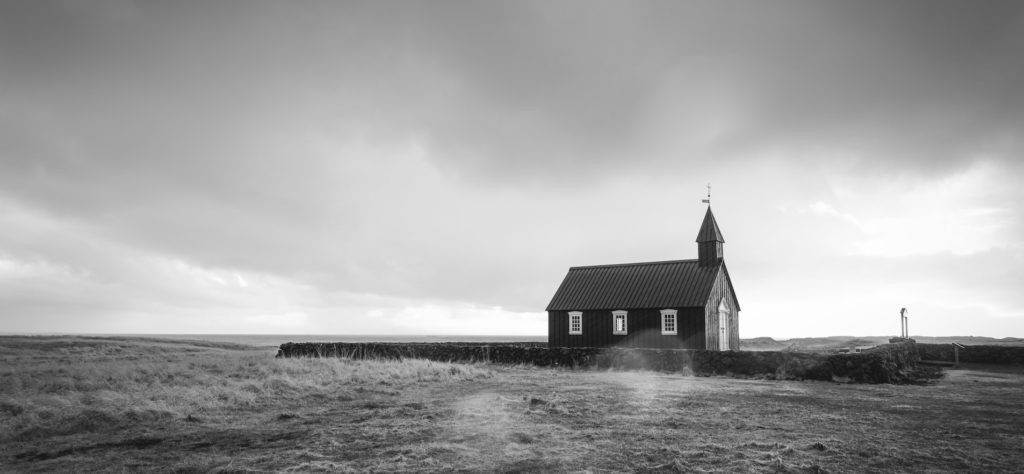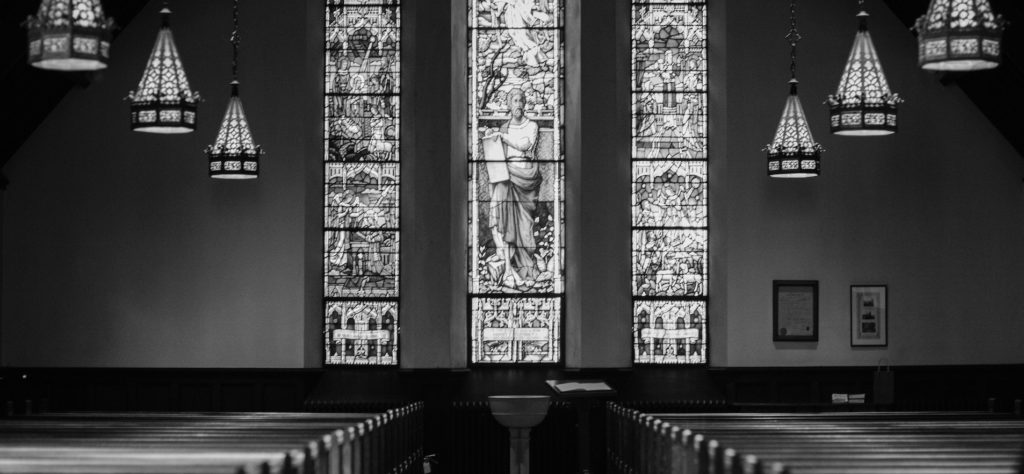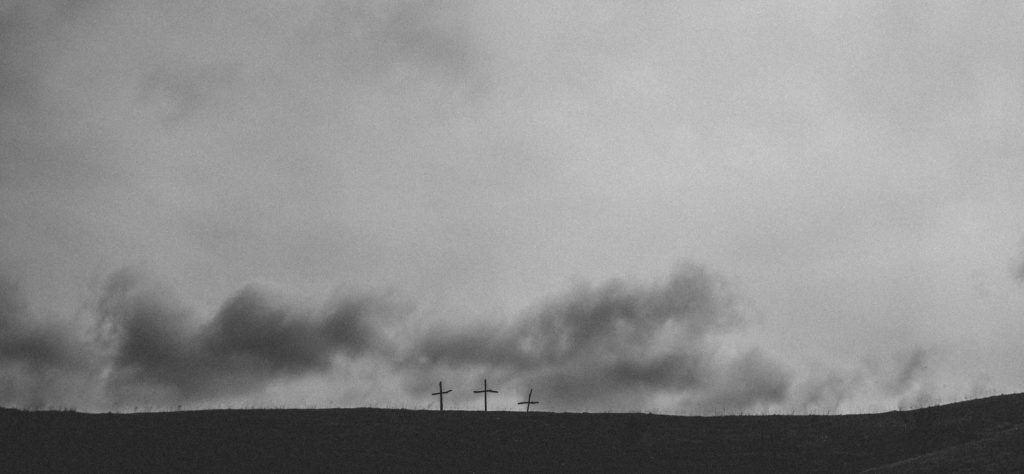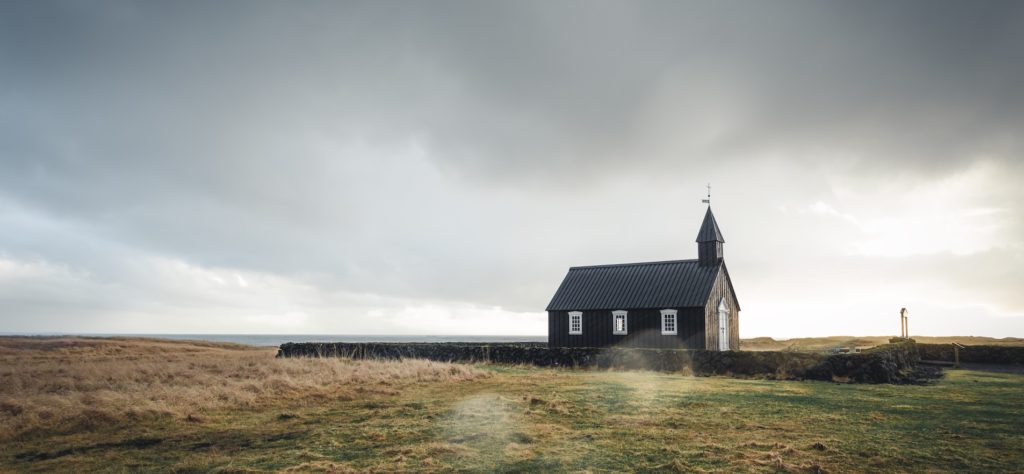Episode 133: The Challenge of Unity
In this episode we take you to a conversation New Life Midtown’s Jayde Duncan and New Life Friday Night’s Jordan Victoria Lewis recently had with our ministry staff on the challenge of cultivating unity in the church in a culture that is very often divided over issues of race. (This conversation is based in part on a chapter in Glenn Packiam’s new book The Resilient Pastor. Order here.)
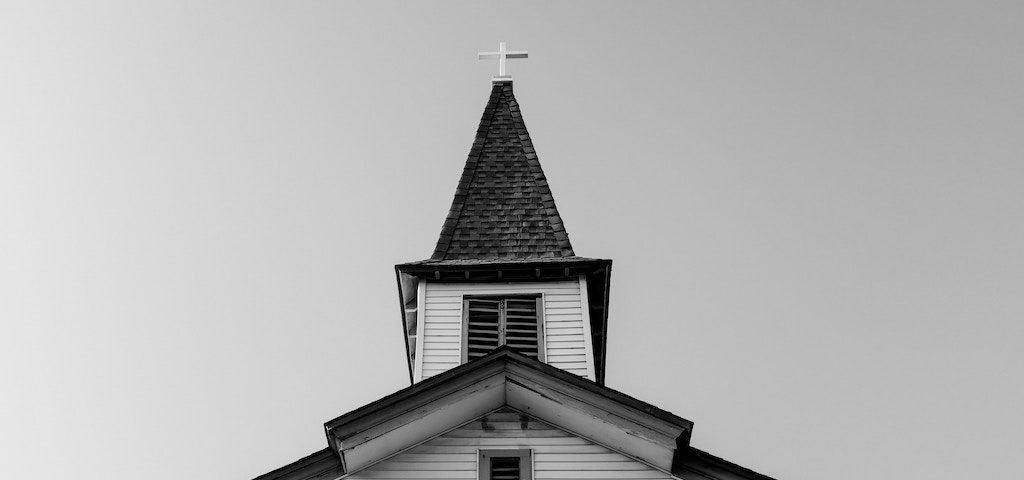
Be sure to subscribe to our YouTube Channel and follow us on Instagram, Facebook and Twitter to stay connected with us throughout the week!
Unity is important because God is essentially unity… our concept of unity must be rooted in the ontological nature of Father, Son, and Holy Spirit…
John 17 tells us that there is an unanswered prayer that Jesus prayed [on unity]… our posture towards one another is a nonnegotiable, it is critical to the validation of our entire message…
Unity reinforces or qualifies our witness, and division disqualifies our witness… division is the way of the world…
I’ve had a lot of difficult and shameful experiences… I’ve sorted through a lot of that with the Lord and have sensed that this is a kingdom issue… thinking that way has enabled me to take a bird’s eye view of what’s going on…
For me this is not just a call, but an act of spiritual warfare… if I leave, the spirit of division will think that it has won…
The early church was radical and revolutionary in its unity because it believed that Jesus is Lord… Jesus was a new King who brought a new Kingdom…
We need to recover the sense that King Jesus has exclusive right to ask us whatever he wants to ask us… and what he is asking us is to lay down our own perspectives for the sake of listening to the stories of brothers and sisters who are in pain…
Distance is fatal to empathy… I wish I was making up the humiliating things that have happened to me… I wish it wasn’t all true… it is a real shame when someone tells you about their experience and you tell them that it is fabricated or exaggerated…
Over the course of many conversations, what I have come to discover is that for many black Christians, white Christians seem to want to have statistical conversations rather than lament-type conversations, which exacerbates the pain…
I can’t tell you how healing it has been to be able to call a white friend—and there are a few that I call—to carry the burden with me so that I can carry my black friends…
